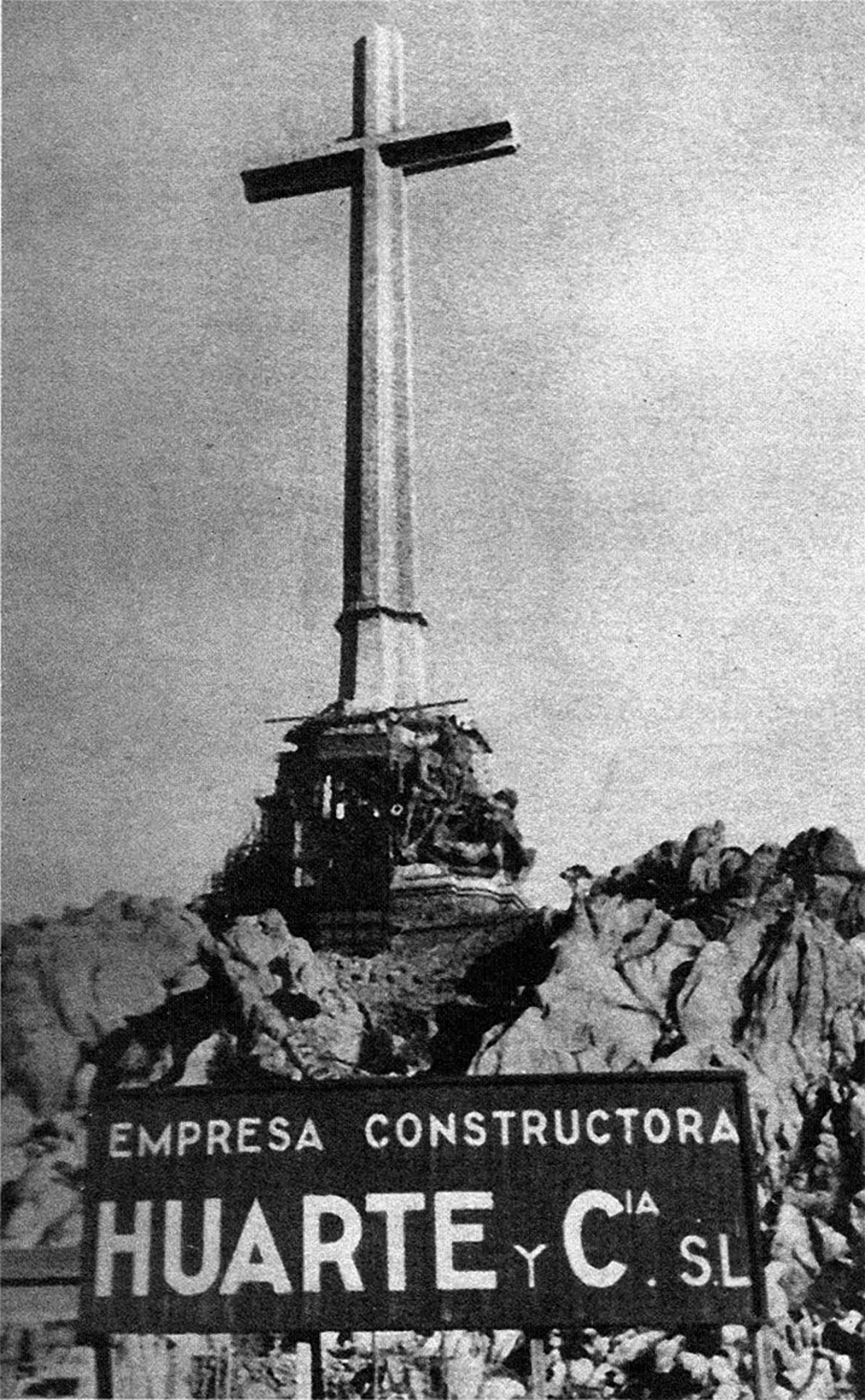

In the post-war Spanish State, at least 400,000 people were forced to work in labour battalions or in criminal battalions of soldiers as slaves. This information has been given by the Andalusian historian José Luís Gutierrez Molina.
Gutiérrez and María Servini, one of the drivers of the database project for the recovery of historical memory in Andalusia Todoslosnombres.org, is also one of the creators of the complaint against the crimes of Franco before the Argentine judge. It says that the value of forced labour can be quantified at EUR 800 million: “From the small workshops to the great Basque, Catalan and Andalusian industry, there was no sector without Spanish manpower,” he says.
In Euskal Herria, the stories that tell how they were accompanied by cold and hunger by scientists are known, especially thanks to the pioneering work of researchers Fernando Mendiola and Edurne Beaumont. But we have not yet learned the names of the companies that used the labor force as prey, except for one of them, for its symbolism: Huarte y Cía, S.L.
Businessman Félix Huarte, who built the Valley of the Heroria, left a long shadow in Navarra. He was one of those who broke all his contacts with the authorities of the Second Republic and changed his shirt after the 1936 uprising, which was vice-president of the Provincial Council of Navarra. He created a great empire with his corporate fabric, reaching 17,000 people employed, how many of them were actually free?
Huarte's initiatives in the industrial development of Navarre were key to the right-wing Navarre historiography, which designed the Industrial Promotion Plan (PPI) in 1964. But Iván Giménez says in his book El corralito foral that this development came from before, and that most of the PPI’s subsidies went to companies such as Laminaciones de Lesaka, Sarrió, de Leitza, and above all to companies in Huarte, where 4% of the companies received 70% of the aid. That is to say, it was an excellent operation to transfer public money to the pocket of the Nonsense magnate: “The high-water fish received the best bite.”
Another way open by the Franco authorities to entrepreneurs to save money was taxation. In Navarre, the tax burden on companies did not reach half of the other territories.
Another way open by the Franco authorities to entrepreneurs to save money was taxation. In Navarre, the tax burden on companies did not reach half of the other territories: “In fact, this benefit benefited industrialists who had previously invested.”
The company Huarte is currently H of acronyms OHLA and is converted into a large multinational that has opened its wings. Meanwhile, the third generation of the Huarte family has displaced the enormous fortune generated from the work of the slaves of Franco: Through the Uriel Inversiones fund, with its head office in Madrid, it has diversified the business in case it is around the world… because its capital of EUR 14 million is not the midnight cough.
From Babcock & Wilcox to Industrias Egaña
Employers sometimes went directly to concentration camps or prisons to create battalions and find workers. From the data extracted by Gutiérrez from the Board for the Flexibilization of Sanctions through Labor or from the list collected by Fernando Mendiola in the publication Los Caminos de la Memoria, we know more names of the Basque companies that used slaves:
The farm machinery factory Múgica and Arellano de Pamplona took advantage of the prisoners; the legendary company Babco & Wilcox de Sestao did the same between 1939 and 1945 – it came to use 168 slaves – in Zestoa, in the quarry of Arroa, for the company Ferrocarriles y Construcciones ABC, which carried the stone; among others, to face the prey workshops of 1936 women. These are just a few examples from a long list.